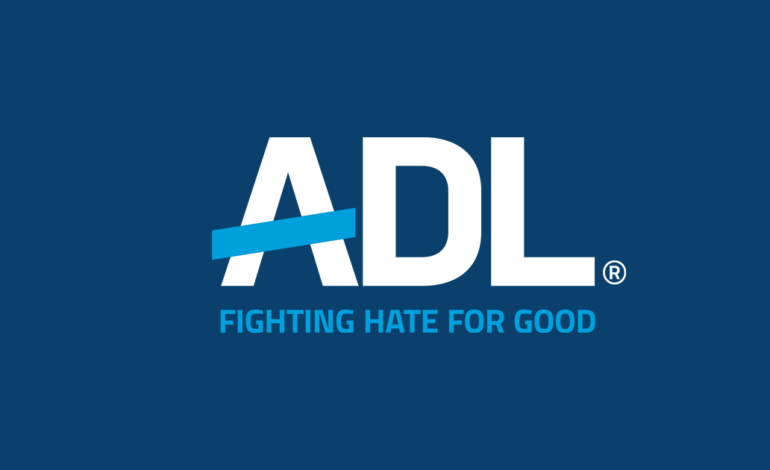

The Anti-Defamation League’s (ADL) Center on Technology and Society has released a new survey regarding harassment in video games. Along with general statistics of what kinds of harassment their responders have faced, the ADL gathered data to rank which games players experienced the most harassment and most positive interactions in. The list of games is limited, as survey respondents could only pick games from 15 options rather than write in their own answers.
Looking at overall numbers, they found that the majority of gamers reportedly experience some form of harassment online—a whopping 74% of adults in the U.S. Even scarier, 65% of players experience what the ADL has dubbed “severe harassment,” which includes “physical threats, stalking, and sustained harassment.” Finally, 29% of online gamers reported having personal or private information about them publicly exposed without their consent—a process known as doxing. Many of the gamers who reported being harassed—59% of those respondents—believe they were targeted because of their religion, race/ethnicity, ability, sexual orientation, or gender.
According to the survey, the game with the largest number of players experiencing harassment is Dota 2, with 79% of the game’s players who participated in the survey reporting being harassed. After Dota 2, several games tied for 75% of their players reporting being harassed in-game: Counter-Strike: Global Offensive, Overwatch, PlayerUnknown Battlegrounds, and League of Legends. To avoid harassment, some gamers have either avoided or completely stopped playing certain games, such as Dota 2 and Counter-Strike: Global Offensive, because of their negative experiences.
For some respondents, these experiences go beyond the game and affect their physical life, with nearly a quarter of harassed players becoming less social and even one in ten players having depressive or suicidal thoughts as a result of the online harassment. Only 12% of online gamers contact games’ companies regarding harassment and 5% call the police.
Though these findings are disheartening, many gamers can still have positive experiences online. The survey found that 88% of adults in the U.S. reported having positive social experiences when gaming online, especially through making friends and helping out other players. World of Warcraft is the game players most reported having positive interactives in, followed in descending order by Minecraft, NBA 2k, Overwatch, Counter-Strike: Global Offensive, and Fortnite.
It’s unclear if the ADL’s study will lead to any major change in the online multiplayer gaming world, but they hope to push game developers to refine in-game voice functionality and governments to enforce stricter laws against online hate, as well as holding game companies more accountable when it harassment between players.
You can find the full report here.
Play games, take surveys and take advantage of special offers to help support mxdwn. Every dollar helps keep the content you love coming every single day.
